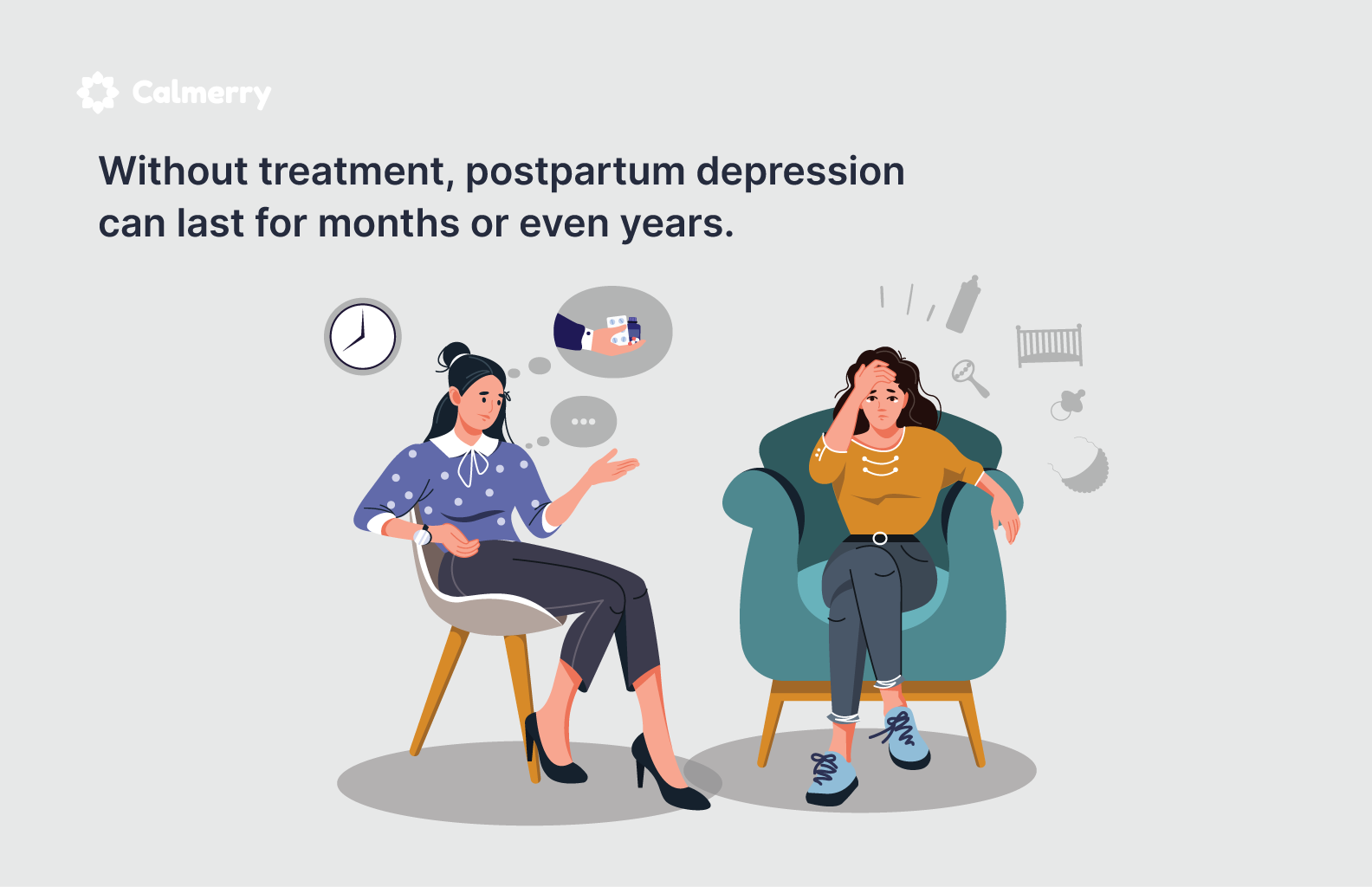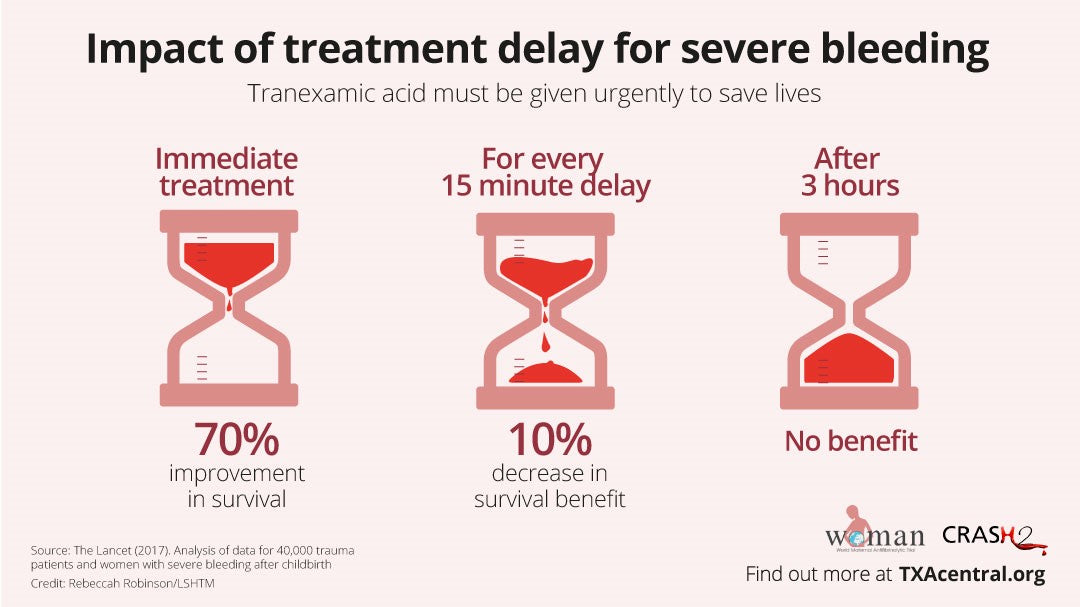The Of Beautiful Journey Reproductive Counseling Center
The Of Beautiful Journey Reproductive Counseling Center
Blog Article
Beautiful Journey Reproductive Counseling Center Can Be Fun For Everyone
Table of ContentsEverything about Beautiful Journey Reproductive Counseling CenterThe Ultimate Guide To Beautiful Journey Reproductive Counseling CenterSome Known Details About Beautiful Journey Reproductive Counseling Center The Buzz on Beautiful Journey Reproductive Counseling CenterBeautiful Journey Reproductive Counseling Center for DummiesAn Unbiased View of Beautiful Journey Reproductive Counseling Center

Dealing with mental health professionals is an excellent way to discover postpartum clinical depression and exactly how to recoup. Treatment allows women to work with their problem and understand the progress they make. Specialists can also change treatment in action to the woman's progression. Therapy is an individual and crucial method to deal with postpartum depression.

What Does Beautiful Journey Reproductive Counseling Center Do?
There have actually not been conclusive studies released that looked especially at folate or other B vitamins in the treatment of postpartum clinical depression. Consider suggesting to females that are postpartum to continue their prenatal vitamin or take a B-100 complex with about 1 mg (or 1,000 mcg) of folic acid, or folate.
Adjustment of vitamin D shortage may play a significant role in the recovery from postpartum clinical depression. Mommies dealing with anxiety should have their 25-OH vitamin D level examined. Lots of females find that they require at the very least 2,000-3,000 IUs of cholecalciferol, which is vitamin D3 (a type that is extremely readily soaked up) throughout the cold weather.
In the summertime, less dental vitamin D may be needed, relying on the latitude where the mom lives. reproductive mental health.
Beautiful Journey Reproductive Counseling Center for Beginners

Anticoagulation might be used, and it must be kept in mind that there exists no universal guideline or suggestion for anticoagulation treatment in septic pelvic thrombosis. First bolus of 60 units/kg (4000 units optimum) adhered to by 12 units/kg/h (maximum of 1000 units/h) is suggested. The aPTT is checked for 2-3 times the regular value.
Postpartum anxiety (PPD) is a complicated mix of physical, psychological, and behavior changes that happen in some ladies after offering birth. According to the DSM-5, a hand-operated used to identify mental illness, PPD is a Clicking Here kind of significant clinical depression that starts within 4 weeks after delivery. The diagnosis of postpartum depression is based not only on the length of time in between delivery and start yet on the seriousness of the clinical depression.
The term describes a series of physical and emotional changes that numerous new moms experience. PPD can be treated with medicine and counseling. The chemical modifications include a rapid decrease in hormones after delivery. The real web link in between this decline and clinical depression is still not clear. However what is known is that the degrees of estrogen and progesterone, the female reproductive hormones, boost tenfold throughout maternity.
Beautiful Journey Reproductive Counseling Center Fundamentals Explained
Commonly, joining an assistance group of new moms or chatting with other mamas helps. can take place a couple of days or perhaps months after giving birth. PPD can occur after the birth of any type of child, not just the initial kid. You can have feelings comparable to the baby blues-- despair, anguish, anxiousness, crankiness-- but you feel them a lot more highly.
When your capacity to function is influenced, you need to see a health care service provider, such as your OB/GYN or medical care doctor. This physician can evaluate you for depression symptoms and develop a treatment plan. If you don't obtain therapy for PPD, symptoms can worsen. While PPD is a severe problem, it can be treated with medication and counseling.
This health problem can occur rapidly, commonly within the initial 3 months after giving birth. Females can shed touch with fact, having acoustic hallucinations (hearing points that aren't really occurring, like an individual chatting) and delusions (strongly believing things that are clearly irrational). Aesthetic hallucinations (seeing points that aren't there) are much less common.
Ladies who have postpartum psychosis need therapy right away and nearly always require medicine. Therapy choices include anti-anxiety or antidepressant drugs, psychotherapy, and engagement in a support team for emotional assistance and education and learning.
Beautiful Journey Reproductive Counseling Center for Dummies
Children of moms with postpartum depression are a lot more most likely to have problems with sleeping and eating, sobbing greater than normal, and hold-ups in language development. If you have a history of anxiety, inform your medical professional as soon as you discover out you're expectant, or if you're intending to become expecting.
Frequently, joining an assistance team of brand-new mommies or talking with other mothers assists. can take place a couple of days and even months after childbirth. PPD can take place after the birth of any child, not just the very first kid. You can have sensations comparable to the infant blues-- despair, misery, anxiety, crankiness-- but you feel them a lot a lot more highly.
When your capability to function is affected, you need to see a health treatment service provider, such as your OB/GYN or medical care doctor. This doctor can evaluate you for clinical depression signs and think of a therapy plan. If you don't obtain therapy for PPD, signs can get even worse. While PPD is a severe problem, it can be treated with medication and counseling.
This disease can occur swiftly, often within the first 3 months after giving birth. Ladies can lose touch with reality, having acoustic hallucinations (hearing things that aren't actually taking place, like a person speaking) and delusions (highly believing things that are plainly unreasonable). Visual hallucinations (seeing points that aren't there) are less usual.
All about Beautiful Journey Reproductive Counseling Center
Ladies who have postpartum psychosis requirement therapy right away and nearly constantly need drug. Therapy alternatives consist of anti-anxiety or antidepressant drugs, psychotherapy, and participation in a support group for psychological assistance and education and learning.
Youngsters of mommies with postpartum depression are more most likely to have troubles with resting and consuming, weeping greater than typical, and delays in language development (postpartum therapy). If you have a history of clinical depression - https://www.slideshare.net/johncoates07432, tell your doctor as quickly as you discover you're expecting, or if you're preparing to end up being pregnant
Report this page